
Travelers enter Taiyuan South Railway Station in Taiyuan, Shanxi province, on Wednesday, as the Spring Festival travel rush is drawing to its end. (WU JUNJIE/CHINA NEWS SERVICE)
Although more trips are expected to have been made during this year's Spring Festival travel rush than last year's, the number will remain low due to the COVID-19 pandemic, the Ministry of Transport said on Thursday.
This year's travel rush started on Jan 17 and will end on Friday.
Some 1.05 billion passenger trips are expected to have been made during the 40-day period, up 20.7 percent year-on-year but down 64.8 percent compared with 2019, before the start of the pandemic, Shu Chi, a spokesman for the ministry, told a news conference.
Preliminary figures indicate that 250 million trips will be made on trains, 750 million via roads, 16.3 million by water and 39.2 million by air.
Shu said most trips were for family visits and returning to work.
Universities adjusted winter vacation schedules to allow students to travel before or after the rush, and tourism trips declined due to the pandemic.
The peak time before the weeklong Spring Festival holiday was between Jan 27 and 30, with peaks after the holiday from Feb 6 to 9, and Feb 16 to 20. The Lunar New Year began on Feb 1.
An earlier official estimate said about 1.18 billion passenger trips were expected to be made.
China's annual Spring Festival travel rush used to handle more than 3 billion passenger trips in 40 days before the COVID-19 pandemic, with airports, railway stations and other transport hubs filled with crowds.
While transport hubs are quieter and travelers scarcer now, the travel rush remains the first major task handled by the transport sector each year.
Many infrastructure projects have resumed construction after the holiday, Shu said.
The ministry required all freeway and highway infrastructure projects to resume work before the end of this month, except for those in extremely cold areas and in regions with strict pandemic control requirements.
The transport sector will continue to improve service quality this year and offer people high-quality travel experiences, said Li Hongbin, an official with the ministry. Related projects include the renovation of 6,500 old bridges and 50,000 kilometers of rural roads, as well as building 20,000 parking spaces for trucks at service areas on freeways.
The ministry will also continue to improve elderly people's travel experiences this year, said Wang Xiuchun, deputy director of its transport service department.
It will urge cab service providers to offer "calling for a ride" services to benefit the elderly. Last year, the ministry guided 102 cities to open hotlines for cab services and urged web-based ride-hailing companies to allow taxis to be booked via phone calls, to make the process more convenient for elderly people unfamiliar with online services.
Wang said subway and bus stations will be renovated to make travel easier for seniors.








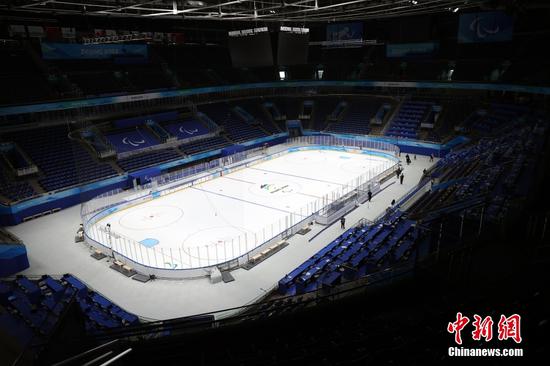

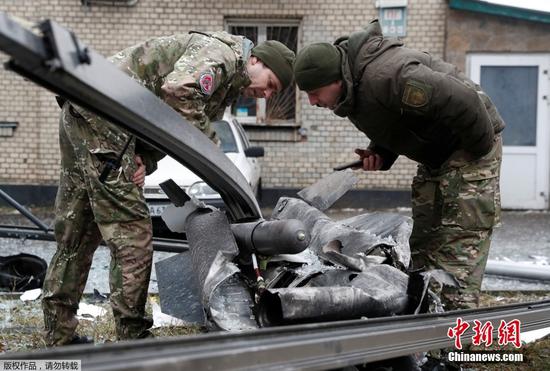
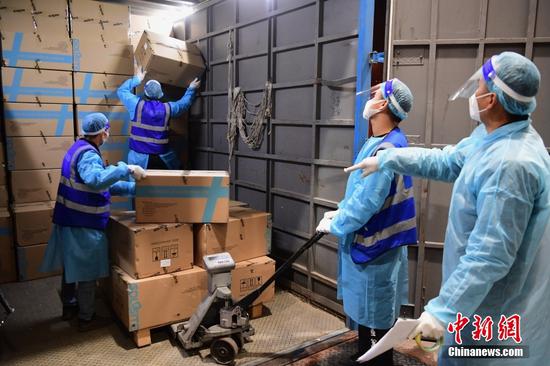


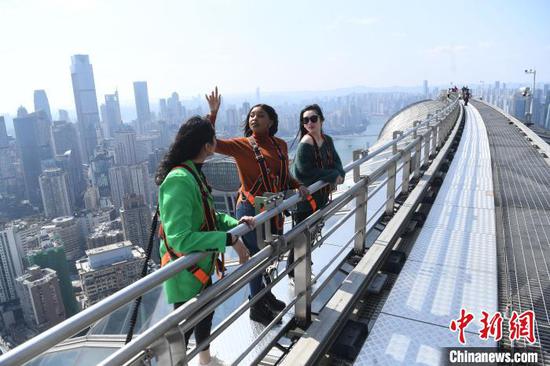

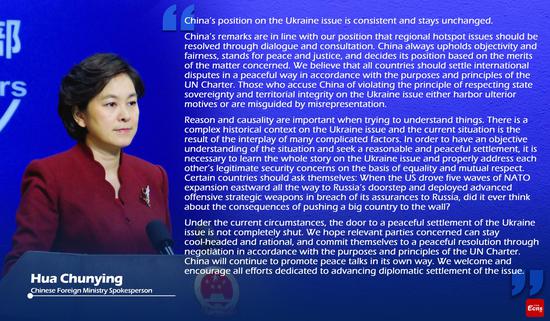




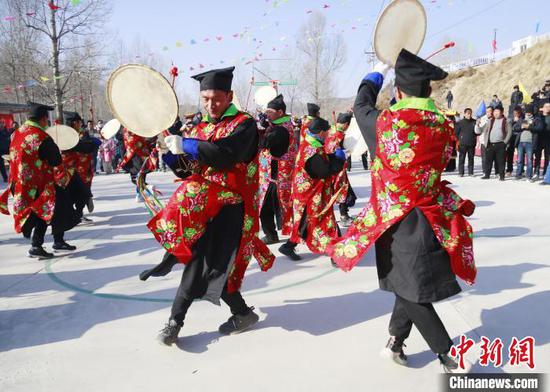
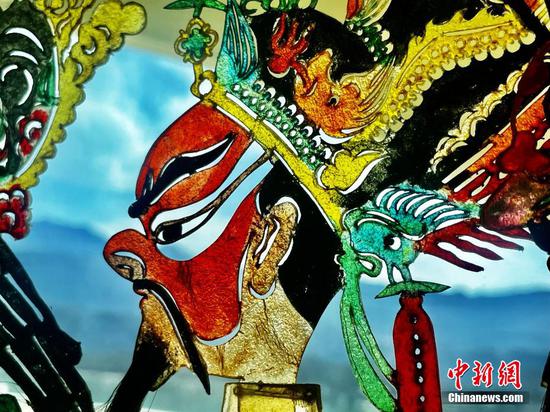

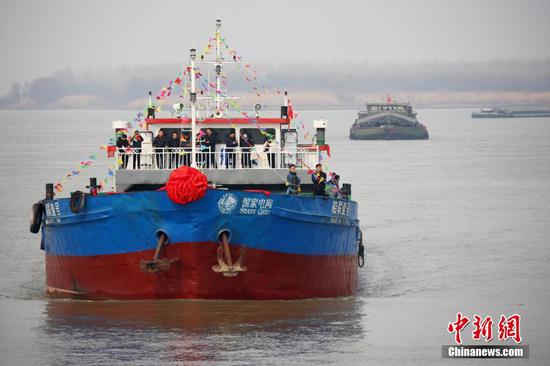
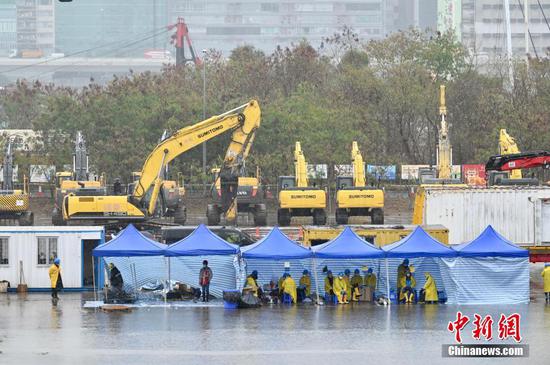



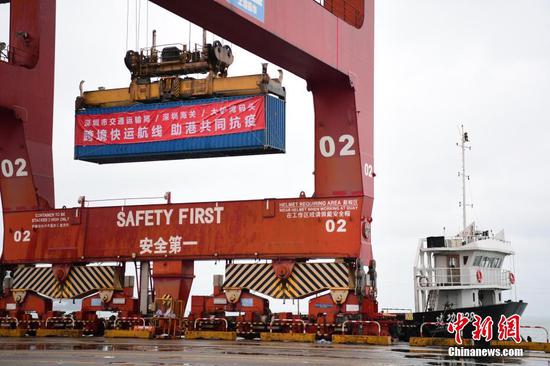




















 京公网安备 11010202009201号
京公网安备 11010202009201号